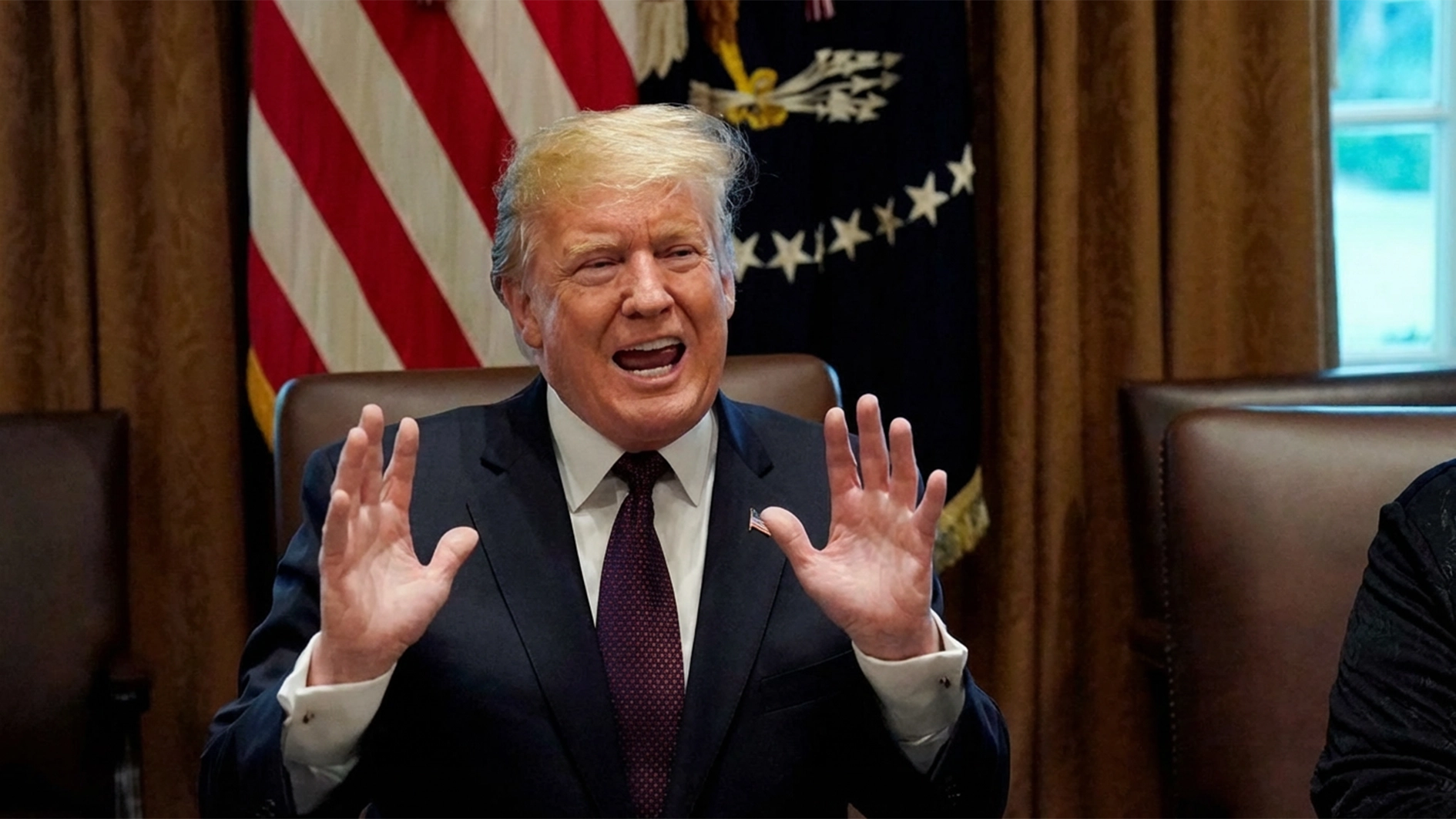
Experts warn as ship acquisition hits N18.53b
Importers and businesses have continued to express frustration over the volatility of the foreign exchange rate and terminal charges, which skyrocket the cost of clearing goods at the ports.
Yesterday, the Customs import duty exchange rate on its trade portal was N1,627.166/1$.
Also, experts in the shipping industry have raised the alarm that the extensive Customs duties and levies on imports have increased the cost of ship acquisition in Nigeria by 14 per cent, putting it at N18.53 billion.
Economists said the reliance on floating exchange rates, which frequently exposes businesses to changes in costs, particularly when the naira depreciates, causes importers to face higher customs duties, which ultimately raises the prices of raw materials and finished goods, leading to increased costs for consumers.
Meanwhile, charges paid by an importer to clear containerised goods at the ports include, Customs duty and documentation, Value Added Tax (VAT), which is 7.5 per cent of the Cost, Insurance and Freight (CIF) value; ECOWAS Trade Liberalisation Scheme (ETLS); Port Development Levy; Ports Surcharge and Comprehensive Import Supervision Scheme (CISS) Levy.
Other charges are the Port Pier Charges (PPC), Terminal Delivery Charges (TDC), storage charges, demurrage and detention charges, shipping line charges, punching fees, clearing and forwarding agent fees, freight charges, insurance premiums, surveyor fees, documentation fees and bank charges (for payment processing).
This is aside the regulatory agency charges (for regulated products), Standards Organisation of Nigeria (SON) certification fees and the National Environmental Standards and Regulations Enforcement Agency (NESREA) permit fees.
A Facebook user, Nwafor Confidence Ifeanyi, recently shared his experience, highlighting the significant rise in fees for clearing containers.
He posted: “Wonders shall never end. I cleared two 40 feet containers with N42 million, N21 million each. We used to clear it with N5 million before,” adding that despite the increased costs, importers were adapting to the situation and would pass on the increased costs to consumers by adjusting the final prices of their goods.”
Confirming the post, the Head of Research, Sea Empowerment Research Centre and former President of the National Association of Government Approved Freight Forwarders (NAGAFF), Dr Eugene Nweke, told The Guardian that clearing a 40 feet container of finished products, such as electricals, electronics, batteries and supermarket goods among others, now range from N21 million to N25 million, if processed through ex-bonded or outer terminals.
The cost, he noted, falls between N13 million and N17 million when clearing the same container directly from seaports, compared to the significantly lower costs of previous years.
He highlighted that these figures were based on his direct involvement in resolving operational disputes within the sector.
The Director of Programme at the Institute of Entrepreneurs, Nigeria (IOE), Mike Omonbude, said relying on market-driven exchange rates led to increased uncertainty and volatility, affecting both importers and exporters.
He warned that the Nigerian Customs Service (NCS), which uses prevailing market rates, often subject to rapid fluctuations, creates a challenging environment for businesses, making it difficult for them to plan or budget effectively due to the unpredictability of duties.
Omonbude cautioned that while a depreciating naira might initially seem beneficial for the government through increased customs revenue, the overall effect could be negative, if higher duties discourage imports, thereby reducing trade volumes.
According to him, this, in turn, could pressure the government to lower tariffs to avoid worsening inflation, potentially leading to a decline in customs revenues.
ACQUIRING a vessel in Nigeria with an initial value of $10 million, The Guardian gathered, amounts to approximately N16.27 billion when converted at the present Customs exchange rate of N1,627.166/$1.
In addition to the base cost, ship owners must pay a series of duties, including a five per cent customs duty, seven per cent surcharge, one per cent Comprehensive Import Supervision Scheme (CISS) levy, 0.5 per cent ETLS levy and a 7.5 per cent VA).
The Chief Executive Officer at Bricks Musten Mattoni Limited, Dr Emmanuel Maiguwa, said the duties together add N2.42 billion ($1.49 million) to the total, raising the effective acquisition cost to $11.4 million (N18.53 billion) representing an increase of 14 per cent over the initial purchase price.
Maiguwa, who is also the President of the Maritime Security Providers Association of Nigeria, also pointed out that a vessel’s operational expenses (OPEX) remain high even when not in use, as they are further inflated because 100 per cent of spare parts required for ship maintenance were imported, with duties ranging from 10 per cent to 30 per cent.
He said this makes it particularly difficult for Nigerian shipowners to comply with international safety standards such as the Safety of Life at Sea (SOLAS) and Maritime Labour Convention (MLC) 2006 regulations.
The Chief Operating Officer at FleetFence Limited, Esther Oibo, echoed these concerns and proposed policy reforms as solutions to easing the financial strain on shipowners.






